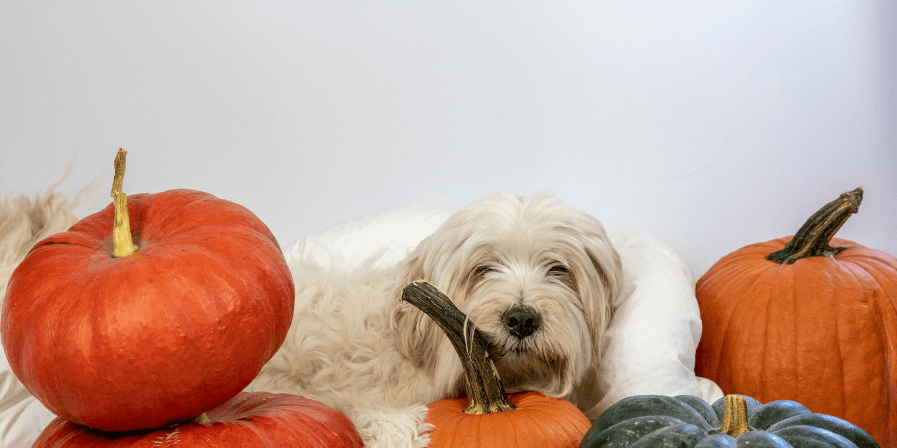Seasonal food for Dogs

Feeding your dog a balanced and appropriate diet throughout the year is essential for their health. While dogs can generally eat the same type of food year-round, certain seasonal adjustments can be made to accommodate changes in temperature and activity levels. Here are some considerations for seasonal dog food:
Seasonal Food for Dogs
- Summer:
• Hydration is Crucial: The summer heat in India can be intense. Keep your dog well-hydrated by providing fresh water at all times. You can also include water-rich foods like watermelon and cucumber in their diet. • Cooling Foods: Include cooling foods such as yogurt in your dog's diet. You can freeze it into homemade pupsicles for a refreshing treat. • Avoid Heavy Meals: Dogs may be less active in the heat, so consider smaller, more frequent meals to avoid overloading their digestive system.
- Monsoon:
• Hygiene is Key: During the monsoon season, there may be an increased risk of waterborne diseases. Ensure your dog's water and food bowls are kept clean. • Nutrient-Rich Foods: Include nutrient-rich foods to support your dog's immune system. Pumpkin and leafy greens can be beneficial. • Warm Meals: As the weather can be damp and chilly, consider serving warm meals to keep your dog comfortable.
- Winter:
• Increased Calories: In colder weather, dogs may need more calories to stay warm. Consider adding a bit more fat to their diet or increasing their portion sizes. • Warming Foods: Include warming foods such as cooked meats and vegetables in your dog's meals. These can provide additional comfort during the colder months.
- Spring:
• Lighter Meals: As the weather warms up, you might adjust your dog's portion sizes to accommodate increased activity. • Incorporate Fresh Greens: Spring is a good time to include fresh greens like spinach or fenugreek leaves for added nutrients.
General Tips:Italic • Monitor Weight: Keep an eye on your dog's weight throughout the year. Adjust their food portions as needed to maintain a healthy weight. • Quality Protein: Ensure your dog gets high-quality protein from sources like lean meats, eggs, and fish. • Limit Seasonal Treats: While occasional treats are fine, be cautious with seasonal treats, as they may contain ingredients that could be harmful to dogs. • Consult Your Vet: If you're unsure about the best diet for your dog or if they have specific health concerns, consult your veterinarian for personalized advice.
FAQ’s:<u>Underline</u>
What should I do if my dog has allergies to certain seasonal foods? • If your dog has allergies, work with your veterinarian to identify and avoid trigger foods. They can recommend suitable alternatives based on your dog's specific dietary needs.
Why should I consider seasonal food for my dog? • Seasonal foods can provide a variety of nutrients and help your dog stay balanced in different weather conditions. They may also align with local produce availability.
Remember that individual dogs may have unique dietary needs, and it's essential to tailor their diet based on factors such as age, breed, activity level, and health status and ON ADVICE OF YOUR VETERINARIAN. Always introduce new foods gradually and monitor your dog's response, DO SHARE INFORMATION WITH YOUR VET. If you have specific dietary concerns or questions, your veterinarian can provide guidance tailored to your dog's unique requirements.


 How can we help?
How can we help?